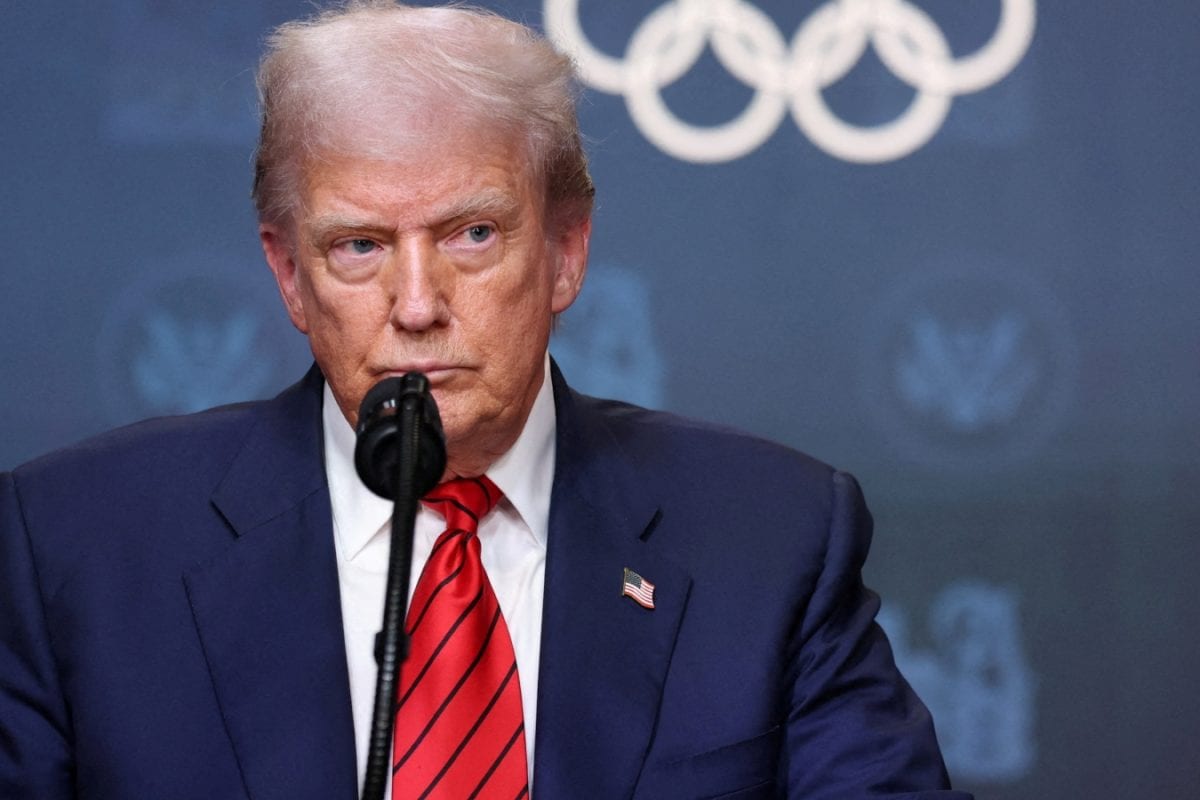

The relationship between India and the United States is facing a significant test as the Trump administration intensifies its pressure on India to cease its oil imports from Russia. President Trump has threatened to substantially increase tariffs on India due to these purchases, a move that has sparked strong reactions from both sides.
Trump's stance is rooted in his administration's broader strategy to isolate Russia economically in response to the conflict in Ukraine. By purchasing Russian oil, India is seen as providing revenue to the Kremlin, undermining the impact of Western sanctions. "India is not only buying massive amounts of Russian Oil, they are then, for much of the Oil purchased, selling it on the Open Market for big profits,” Trump wrote on Truth Social. "They don't care how many people in Ukraine are being killed by the Russian War Machine. Because of this, I will be substantially raising the Tariff paid by India to the USA".
India, however, defends its position by emphasizing its need for affordable energy and its long-standing relationship with Russia. India's Ministry of External Affairs has stated that its relationship with Russia is "steady and time-tested" and should not be viewed through the lens of a third country. They also pointed out the hypocrisy of nations criticizing India while still engaging in trade with Russia themselves. India's energy minister, Hardeep Singh Puri, mentioned in July that the U.S. had advised India to continue purchasing Russian oil, but within the price cap.
The current situation has placed Prime Minister Narendra Modi in a difficult position. He must balance the need to maintain strong ties with the U.S. with the economic benefits of importing discounted Russian oil and the importance of its historical relationship with Russia. This "non-alignment" policy has allowed India to strengthen ties with both the US and Russia, but Trump's recent threats are putting this policy under strain.
Adding to the complexity, Trump has accused India of selling refined Russian oil on the open market for significant profits. He previously stated that he doesn't care what India does with Russia and that "They can take their dead economies down together, for all I care".
Despite the tensions, there are signs that negotiations are still possible. Trump has not yet specified the exact amount of the additional tariffs, which suggests that he is still open to reaching an agreement with India. Experts believe that a deal could be struck if negotiations are based on a more comprehensive partnership rather than purely on tariffs and trade. India has also been increasing its imports of American crude, signaling its willingness to diversify its oil sources.
The outcome of this situation remains uncertain. If India and the U.S. can navigate these challenges and find a mutually acceptable solution, the long-term strategic partnership between the two countries can remain strong. However, if the tariff threats escalate and no compromise is reached, the relationship could face significant strain, with potential implications for trade, security, and geopolitics in the region.